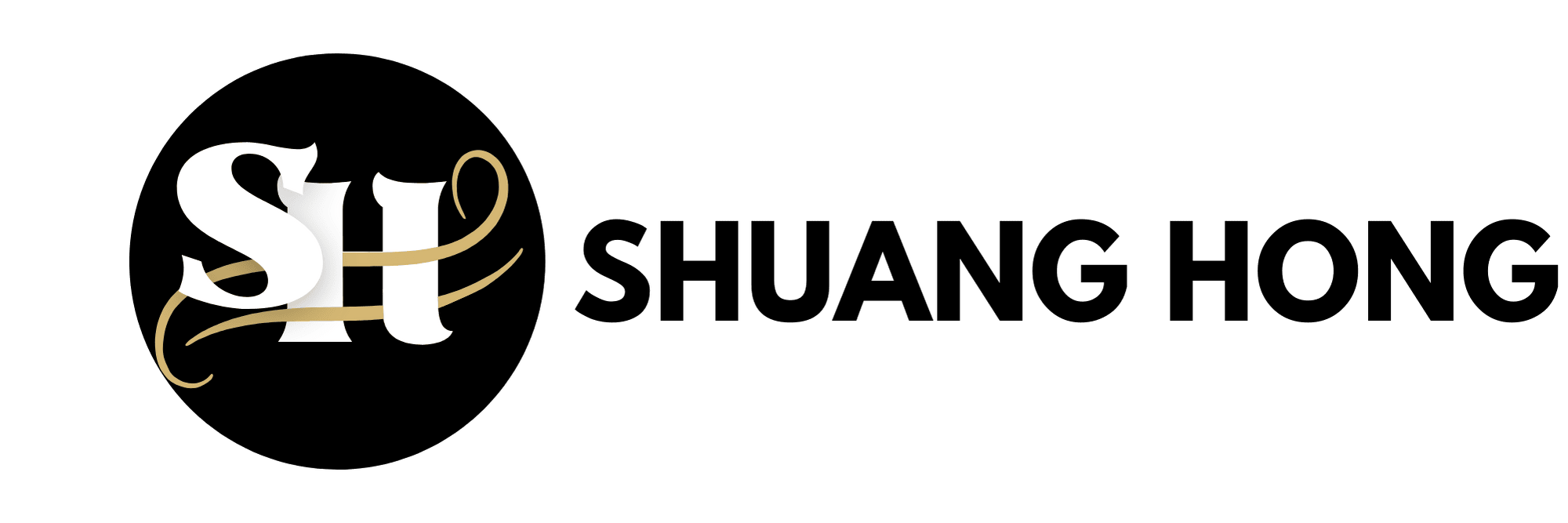Polyester sewing thread is an essential component in various industries, including textile, garment manufacturing, and industrial product assembly. Its high strength, durability, and versatility make it indispensable for creating long-lasting seams in a wide range of applications.
Among the diverse polyester sewing threads available, Polyester sewing thread 30/2 and Polyester sewing thread 30/3 hold significant positions in the market. These threads are designed to meet specific requirements for durability and performance, making them popular choices for industries that demand robust and reliable stitching solutions.
Both Polyester sewing thread 30/2 and Polyester sewing thread 30/3 are widely used across various sectors due to their excellent balance of strength, flexibility, and cost-effectiveness. Their ability to withstand rigorous use and environmental exposure makes them ideal for applications where seam integrity is crucial.


Polyester sewing thread 30/2 and Polyester sewing thread 30/3 are extensively used in industries such as luggage, denim, footwear, and outdoor gear.
These sectors require threads that can withstand heavy use and exposure to harsh conditions without compromising seam integrity.
For example, in the manufacturing of backpacks and hiking boots, Polyester sewing thread 30/2 and Polyester sewing thread 30/3 provide the necessary durability and strength to ensure that the products remain functional and reliable over time.
In the denim industry, these threads are used to create seams that can endure frequent wear and washing. Their high abrasion resistance and tensile strength make them suitable for high-speed sewing machines, which is crucial for manufacturers aiming to maximize productivity while maintaining quality. Additionally, both threads offer excellent colorfastness and resistance to chemical degradation, ensuring that the seams remain intact and visually appealing over time.
-
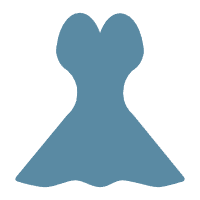 Physical Characteristics
Physical CharacteristicsWear Resistance: Both Polyester sewing thread 30/2 and Polyester sewing thread 30/3 exhibit excellent abrasion resistance, making them suitable for applications that involve heavy use and exposure to the elements. However, Polyester sewing thread 30/3 has slightly higher abrasion resistance due to its thicker construction.
Strength: Polyester sewing thread 30/3 has a higher tensile strength compared to Polyester sewing thread 30/2, making it more suitable for heavier materials and thicker seams.
Elasticity: Polyester sewing thread 30/3 offers better elasticity, which allows it to stretch and recover without breaking. This property is particularly useful in applications that require flexibility, such as outdoor gear and footwear. -
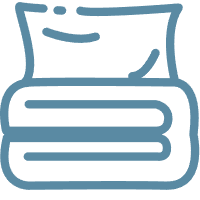 Usage Scenarios
Usage ScenariosLightweight Applications: Polyester sewing thread 30/2 is often preferred for lighter-weight fabrics and delicate sewing tasks due to its finer texture. It is ideal for applications such as lightweight denim, thin leather, and delicate textiles.
Heavy-Duty Applications: Polyester sewing thread 30/3 is more suitable for heavier materials and thicker seams, making it a popular choice for heavy-duty outdoor gear, industrial products, and thick denim. Its robustness ensures that seams remain intact even under significant stress. -
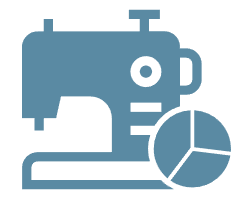 Technical Parameters
Technical ParametersThread Thickness: Polyester sewing thread 30/2 has a tex size of 80, while Polyester sewing thread 30/3 has a tex size of 90. This difference in thickness affects the thread’s performance in various sewing scenarios.
Colorfastness: Both threads offer high colorfastness, ensuring that the seams remain visually appealing even after repeated washing and exposure to sunlight.
Thermal Stability: Both Polyester sewing thread 30/2 and Polyester sewing thread 30/3 are highly resistant to thermal degradation, making them suitable for applications that involve exposure to heat. -
 Price and Cost-Effectiveness
Price and Cost-EffectivenessCost: Polyester sewing thread 30/2 is generally more affordable due to its finer texture and lower material usage. However, the choice between the two threads ultimately depends on the specific requirements of the application.
Value for Money: While Polyester sewing thread 30/2 may be more cost-effective for lighter-weight projects, Polyester sewing thread 30/3 offers superior strength and durability for heavier applications, making it a more cost-effective choice in the long run.

-
Consultation
 The customization process begins with a detailed consultation, where we discuss the client's specific needs, including thread thickness, color requirements, and application-specific demands. Our team of experts works closely with the client to understand their unique requirements and provide recommendations.
The customization process begins with a detailed consultation, where we discuss the client's specific needs, including thread thickness, color requirements, and application-specific demands. Our team of experts works closely with the client to understand their unique requirements and provide recommendations. -
Quotation
 Once the requirements are clearly defined, we provide a detailed quotation that outlines the cost, delivery time, and other relevant details. Our quotations are transparent and comprehensive, ensuring that clients have a clear understanding of the costs involved.
Once the requirements are clearly defined, we provide a detailed quotation that outlines the cost, delivery time, and other relevant details. Our quotations are transparent and comprehensive, ensuring that clients have a clear understanding of the costs involved. -
Production
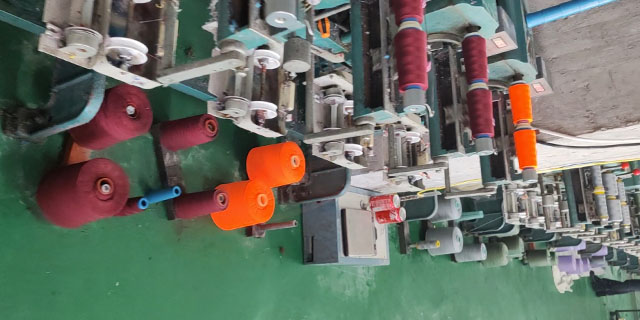 Our production process is highly efficient and quality-focused, ensuring that the customized threads meet the highest standards of performance and durability. We use state-of-the-art equipment and rigorous quality control measures to produce threads that exceed industry standards.
Our production process is highly efficient and quality-focused, ensuring that the customized threads meet the highest standards of performance and durability. We use state-of-the-art equipment and rigorous quality control measures to produce threads that exceed industry standards. -
Shipping
 After production, the customized threads are carefully packaged and shipped to the client within the agreed timeframe. We offer reliable logistics solutions to ensure that the threads reach the client promptly and in perfect condition.
After production, the customized threads are carefully packaged and shipped to the client within the agreed timeframe. We offer reliable logistics solutions to ensure that the threads reach the client promptly and in perfect condition.
-
What is the specific fineness (such as yarn count) of Polyester sewing thread 30/2 and Polyester sewing thread 30/3? Can it be adjusted according to my needs?
The fineness of Polyester sewing thread 30/2 is 80 tex, while the fineness of Polyester sewing thread 30/3 is 90 tex. These two specifications are set according to international standards to meet the needs of different application scenarios. Although the standard specifications are already widely used in most industries, we can customize them according to your specific needs. For example, if you need a thinner or thicker thread, we can adjust the fineness, but the production cost and time need to be evaluated based on the customization amount and specific requirements.
-
The article mentioned that 30/3 has higher wear resistance and strength. How much higher can it be? Are there any relevant data or test results for reference?
Polyester sewing thread 30/3 is indeed better in wear resistance and strength than 30/2. Specifically, the tensile strength of 30/3 is about 15% higher than that of 30/2, and the wear resistance is improved by about 20%. These data are obtained through standard tensile tests and abrasion resistance tests. We can provide you with a detailed test report in the customized service to help you better understand the performance differences between the two threads.
-
My product is an outdoor mountaineering bag. Which one is more suitable, 30/2 or 30/3? If 30/2 is chosen, will the product quality be affected due to insufficient strength?
For outdoor mountaineering bags, we recommend using Polyester sewing thread 30/3 because it has higher strength and wear resistance, and can better cope with the friction and pulling that the mountaineering bag may encounter during use. Although 30/2 can also be used for lightweight outdoor products, for applications such as mountaineering bags that require high-strength sewing, 30/3 is a more suitable choice to ensure the durability and reliability of the product.
-
I need a special color, can the customized service meet it? Can the customized color be guaranteed to be exactly the same as the sample I provided?
Our customized service can meet your special color needs. We use advanced dyeing technology and professional color matching system to ensure that the customized color is highly consistent with the sample you provide. Before production, we will provide samples for your confirmation to ensure that the color meets your requirements. If necessary, we can also perform color management according to your brand standards to ensure the color stability of each batch.
-
The article mentions that 30/2 is more economical and 30/3 is more durable. Can you provide an approximate price range? If I purchase in large quantities, will there be a discount?
Polyester sewing thread 30/2 is usually slightly lower than 30/3, and the specific price will vary depending on factors such as order volume, customization requirements and delivery time. For large-volume purchases, we provide a flexible pricing strategy, and the larger the order volume, the lower the unit price. For example, when the order volume reaches a certain scale, we can provide a corresponding discount. The specific price and discount can be communicated with you in detail during the quotation stage.
-
If I choose a custom service, how long will it take from order to delivery? Can it be expedited?
The lead time for custom services usually depends on the complexity of the customization and the order volume. Generally speaking, it takes 15-25 working days from order to delivery. If your project has urgent needs, we can provide expedited services. We will arrange the production plan according to your specific needs to ensure on-time delivery.
-
What are the quality standards of these two sewing threads? Are there any relevant certifications or test reports available?
Our sewing threads strictly follow international quality standards, including ISO 9001 quality management system certification and OEKO-TEX Standard 100 environmental certification. Each batch of products will undergo strict quality testing, including tensile testing, abrasion resistance testing, color fastness testing, etc. We can also provide detailed test reports according to your needs to ensure that the sewing threads you use meet the highest standards.
-
The article mentions that 30/2 and 30/3 have good thermal stability. Can you specify their heat-resistant temperature range?
Polyester sewing thread 30/2 and 30/3 have excellent thermal stability. They can maintain stable performance at high temperatures of 150°C and can withstand higher temperatures for a short period of time. This thermal stability makes them very suitable for sewing processes that require high temperature treatment, such as ironing, hot pressing, etc. If you have higher heat resistance requirements, we can provide customized solutions based on specific application scenarios.
-
My order quantity may be relatively small. Is there a minimum order quantity requirement? If the order quantity is small, will it affect the price or delivery time?
We understand that customers have diverse needs, so we try to reduce the minimum order quantity to meet the needs of different customers. For standard specifications, the minimum order quantity is 100 kilograms; for customized products, the minimum order quantity is one container. If your order quantity is small, we will still try our best to meet your needs, but the unit price may be adjusted according to the customization cost. The delivery time is usually not affected by small order quantities, and we will arrange production and delivery according to standard procedures.
